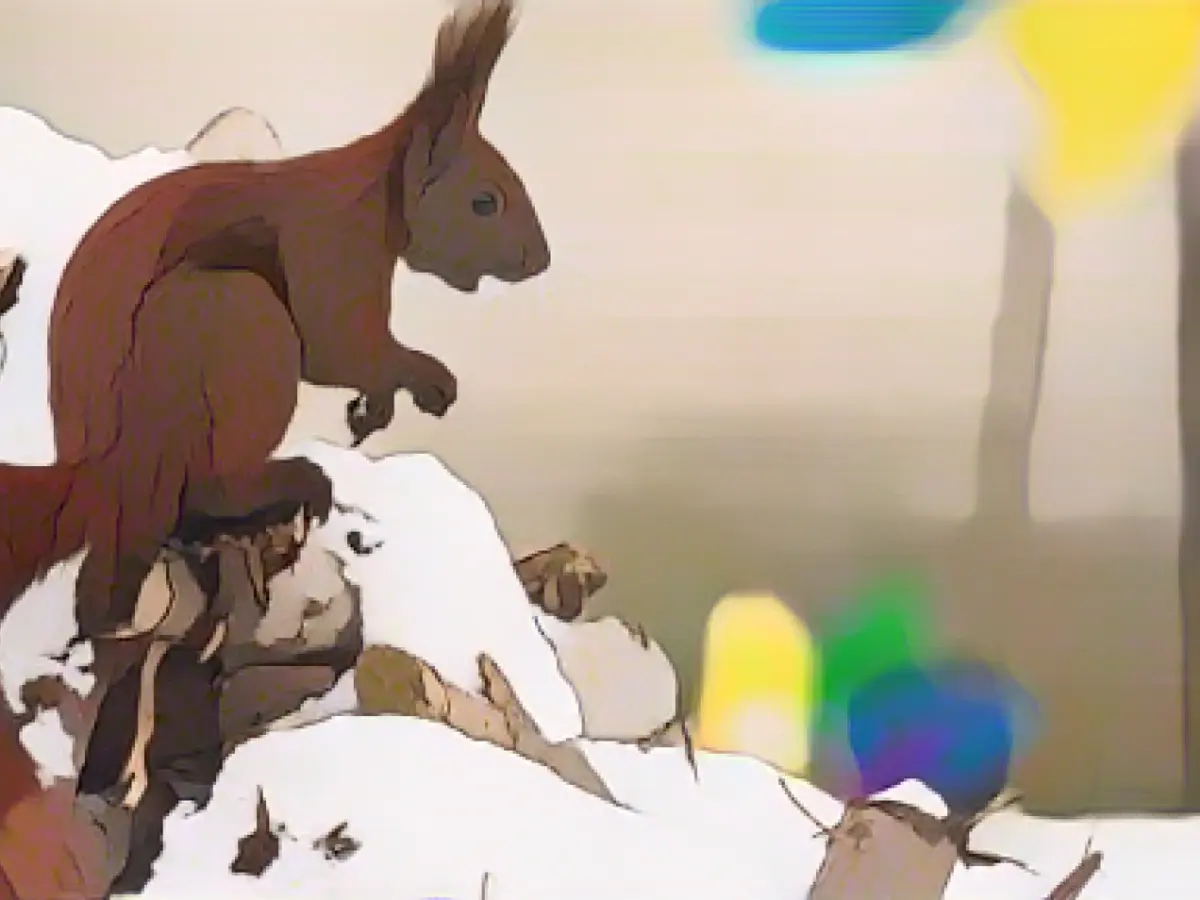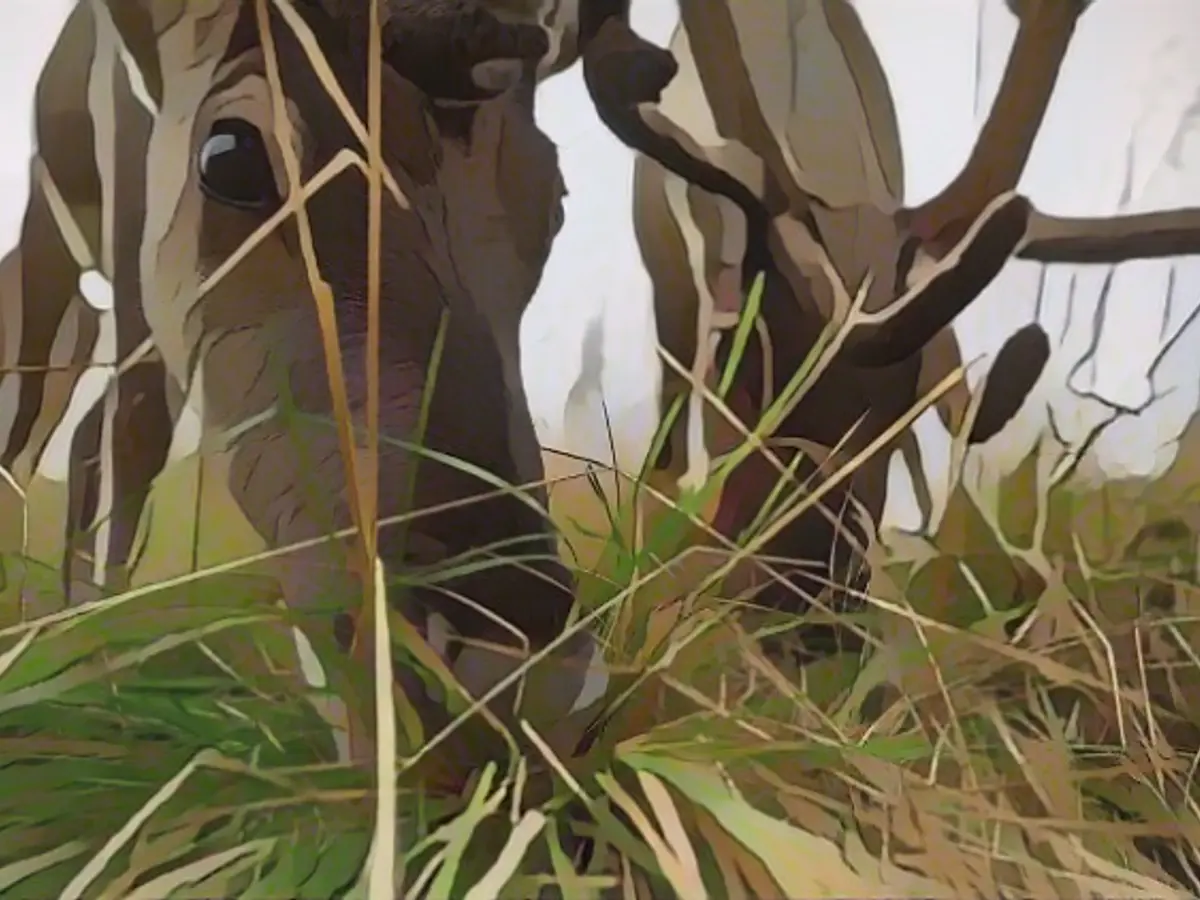Berlin's Wildlife Stirring from Winter Slumber
Rising temperatures in the heart of Berlin are set to impact a variety of wild animals, but Derk Ehlert, wildlife officer at the Senate Department for Mobility, Transport, Climate Protection, and the Environment, assures us that these creatures will not face imminent danger. While hibernating species won't be disturbed by the warmer weather alone, other animals will emerge, seeking sustenance and more comfortable conditions.
Ehlert cites the common examples of squirrels and raccoons, creatures fond of burrowing for warmth in winter but eager to embrace activity when temperatures tick upwards. "Their food supplies become their destination," Ehlert explains, a natural response to the warming climate.
While it may seem unusual for insects like bumblebees to emerge from their winter slumber so early, warmer weather will see them leave their hibernation den. However, the current weather conditions, still within the chill of winter, will not bring any notable disadvantages to these emerging creatures.
A meteorologist from the German Weather Service (DWD) in Potsdam confirms a milder trend, with temperatures breaching freezing points and a forecast for temperatures of four degrees on Saturday and six degrees on Sunday, driven by warmer air traveling in from the Atlantic.
Animal species that rely on hibernation cannot wake up due to warmer temperatures alone, Ehlert notes. Additionally, light levels and other factors, such as the duration of the day, play a pivotal role in their hibernation cycle. Only when these external factors shift will these animals emerge from their torpor.
As far as pest populations, Ehlert believes that the past few days' frost did little to impact their numbers. It is the spring conditions that typically determine whether pest populations flourish, such as the development of leaf miners and aphids.
Those mobile creatures, like many bird species, may take advantage of a warmer phase to migrate if needed. For instance, geese that shelter in Germany during the winter find warmer temperatures beneficial, providing better access to food as the snow melts.
Ehlert encourages garden enthusiasts to aid wildlife during warmer phases by planting trees such as rowans. These trees are easily accessible and can offer foraging opportunities even when the ground is heavily covered in snow.
As the DWD forecasts warmer weather for Berlin and Brandenburg, we must remember that even though climate changes may disrupt animal hibernation cycles and food availability, animals have adapted well to shifting weather conditions through centuries. Don't be alarmed by this brief warm spell—it's simply nature embracing a different phase of its eternal cycle.
Resources
[1]: [2]: [3]:






